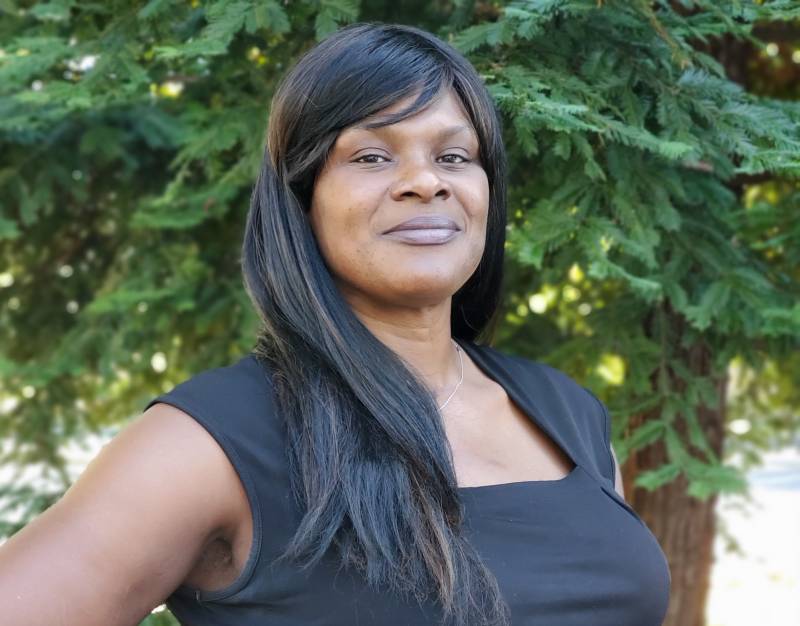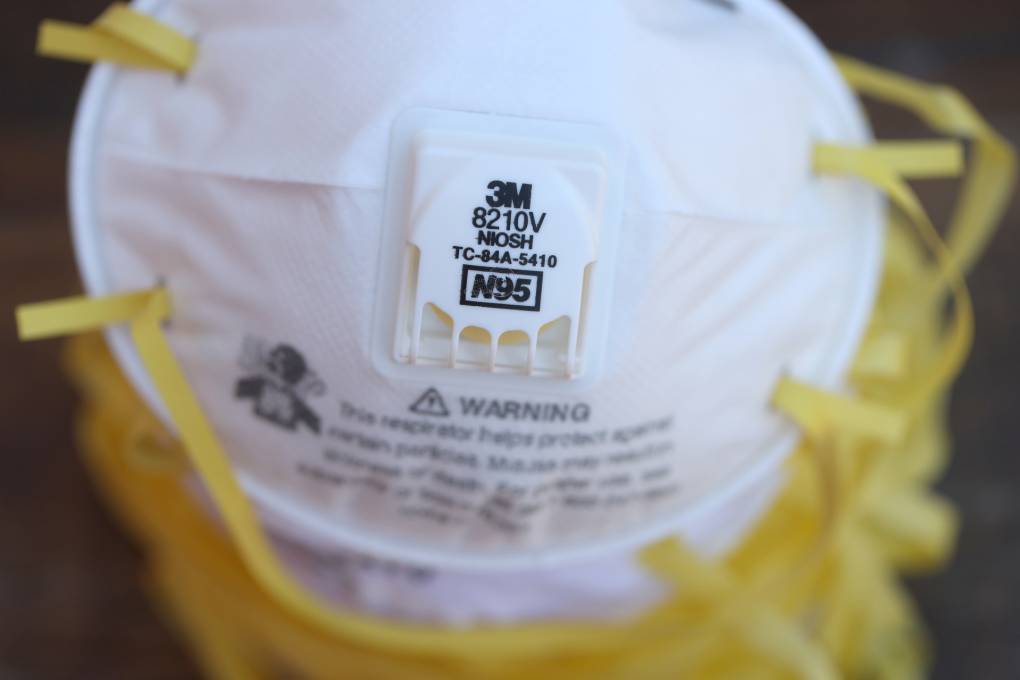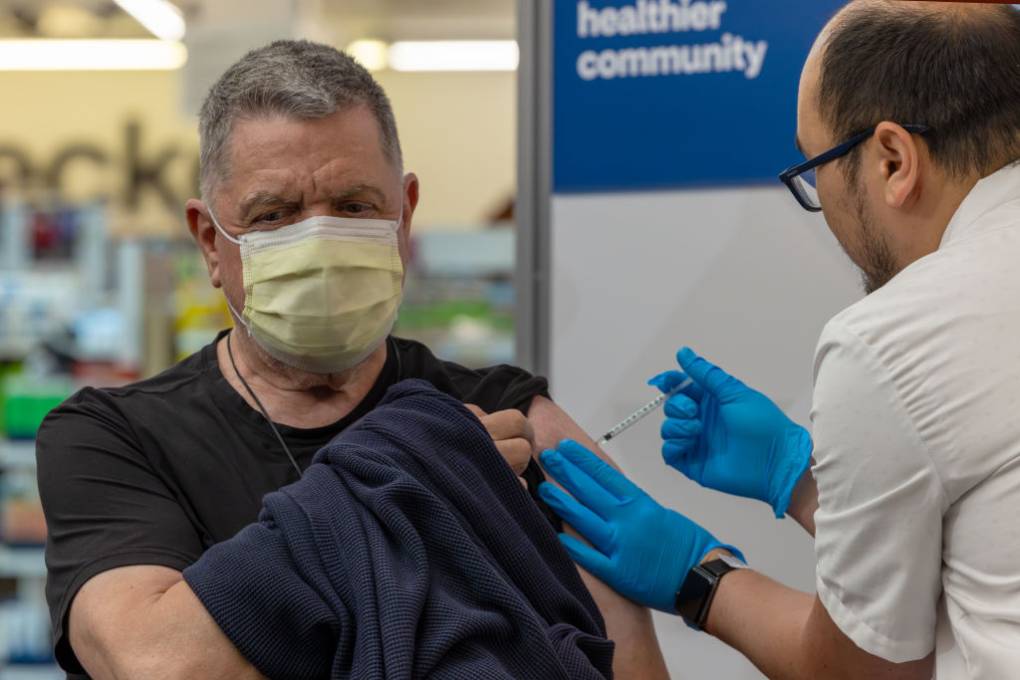The coronavirus outbreak has made this job so much harder. Marks is now constantly disinfecting Albert’s room with supplies that she has to buy herself. Luckily, she has the masks left over from the Camp Fire. She also has to make sure her kids don’t bring germs into his room.
Marks says she and other IHSS workers are not getting extra pay for the extra work. “We’re not getting the additional hours for the additional care since the virus outbreak,” Marks says, “but we’re having to work continuously.” She says they also aren’t getting supplies they need, like masks and disinfectant.
Some of her friends in the business say they’re being asked not to work, because without protective gear they could bring the virus into a client’s home. That means they’re losing income, and the person they care for isn’t receiving the help they need either.
IHSS providers are administered by individual counties, which have a different contract with each group of workers. There is constant tension over those contracts. Settling a new one often takes three, four or even five years. Often the workers are asking for something small like a pay raise of a dollar or an extra day off a year.
The United Domestic Workers AFSCME Local 3930 union represents 117,000 workers in 21 counties and helps negotiate these contracts. According to the union, IHSS providers make on average $13.43 an hour and only 9% get employee-sponsored health care.
IHSS providers have been hit hard and are in a similar difficult position as other domestic workers. Like house cleaners and child care providers, a majority of IHSS workers are hired individually by the person receiving care. They’re classified as contractors, so they do not have access to traditional unemployment benefits.
Right now with the pandemic, the UDW has reached out to the Newsom administration with an emergency relief package. It’s trying to get unemployment insurance guaranteed permanently for these workers, who are receiving temporary benefits because of the federal Coronavirus Aid, Relief and Economic Security (CARES) Act. It’s also pushing for counties to increase pay, add paid sick time, provide protective gear and hire extra staff to fill in.
Marks said not a lot of people want to do a care-taking job like this for minimum wage, especially if they aren’t related to the person. “Working with a person with dementia, you may find yourself with some stuff on you, body fluids or whatever, and a lot of people don’t want to work with that,” she says.
With the union, Marks has been negotiating with Butte County for over five years to get a modest pay raise. To get by, Marks and her husband work additional jobs. On weekdays between midnight and 2 a.m., they clean a local community center for $125 a week.
“My body in the morning sometimes tell me, ‘Don’t get out of the bed.’ But I have to keep going. I have to. I love what I do. I love helping people,” Marks says.
To keep helping people right now, she says, she just needs a little help herself.



